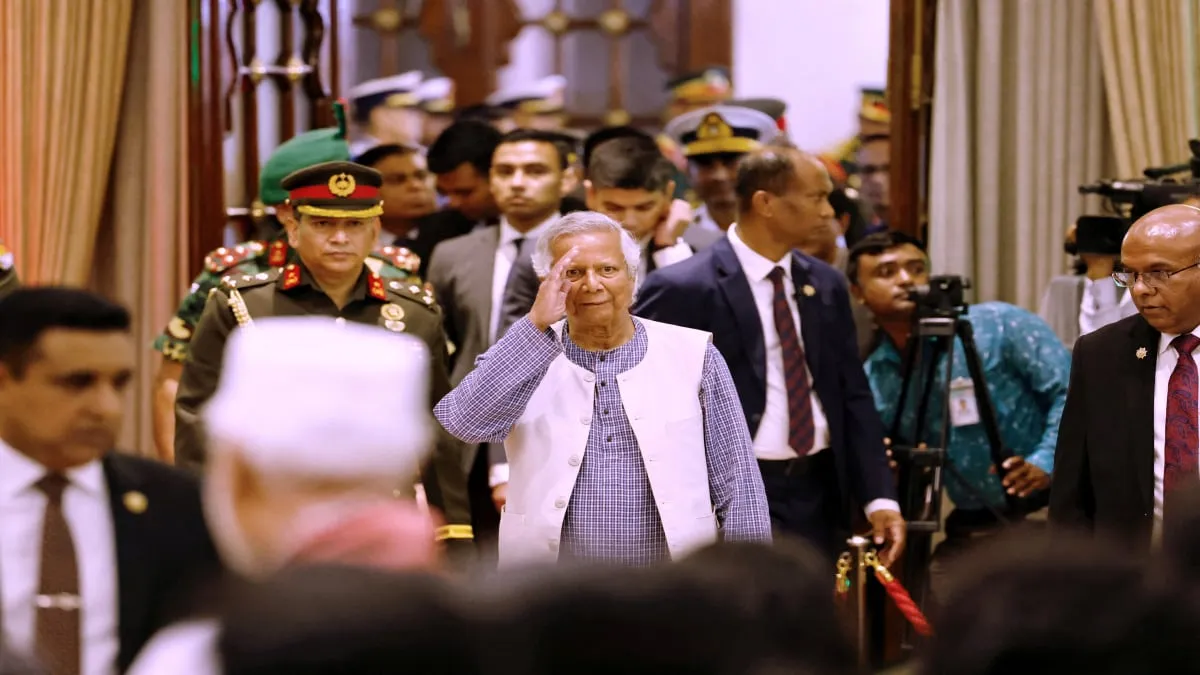Bangladesh's Struggle Between Secularism and Radicalism

Bangladesh's Secular Struggle Against Radicalism
The secular narrative of Bangladesh has been challenged by the rise of radical groups. In the aftermath of independence, Sheikh Mujib aimed to establish secular governance, but socio-economic pressures led to the integration of Islamic values in public life. With the assassination of Mujibur Rahman, Bangladesh transitioned towards Islamist governance.
Effects of Political Shifts on Radicalism
Under former leaders Ziaur Rahman and Hussain Muhammad Ershad, Islam as the state religion became entrenched. Even the recent resurgence of Sheikh Hasina's Awami League does not negate the political utilization of Islamic sentiments for electoral gains.
Growing Influence of Radical Organizations
Surveys reveal a rising demand for Sharia law among the populace, indicating a shift towards radical Islamic governance. Organizations like Jamaat-ul-Mujahideen Bangladesh have intensified their efforts, especially targeting minorities.
Current Political Climate and Minority Veil
As violence against Hindu communities escalates under Mohammad Yunus' interim government, the release of radical suspects has raised alarms. Bangladesh's trajectory mirrors that of Pakistan, the very state it sought to distance itself from.
This article was prepared using information from open sources in accordance with the principles of Ethical Policy. The editorial team is not responsible for absolute accuracy, as it relies on data from the sources referenced.